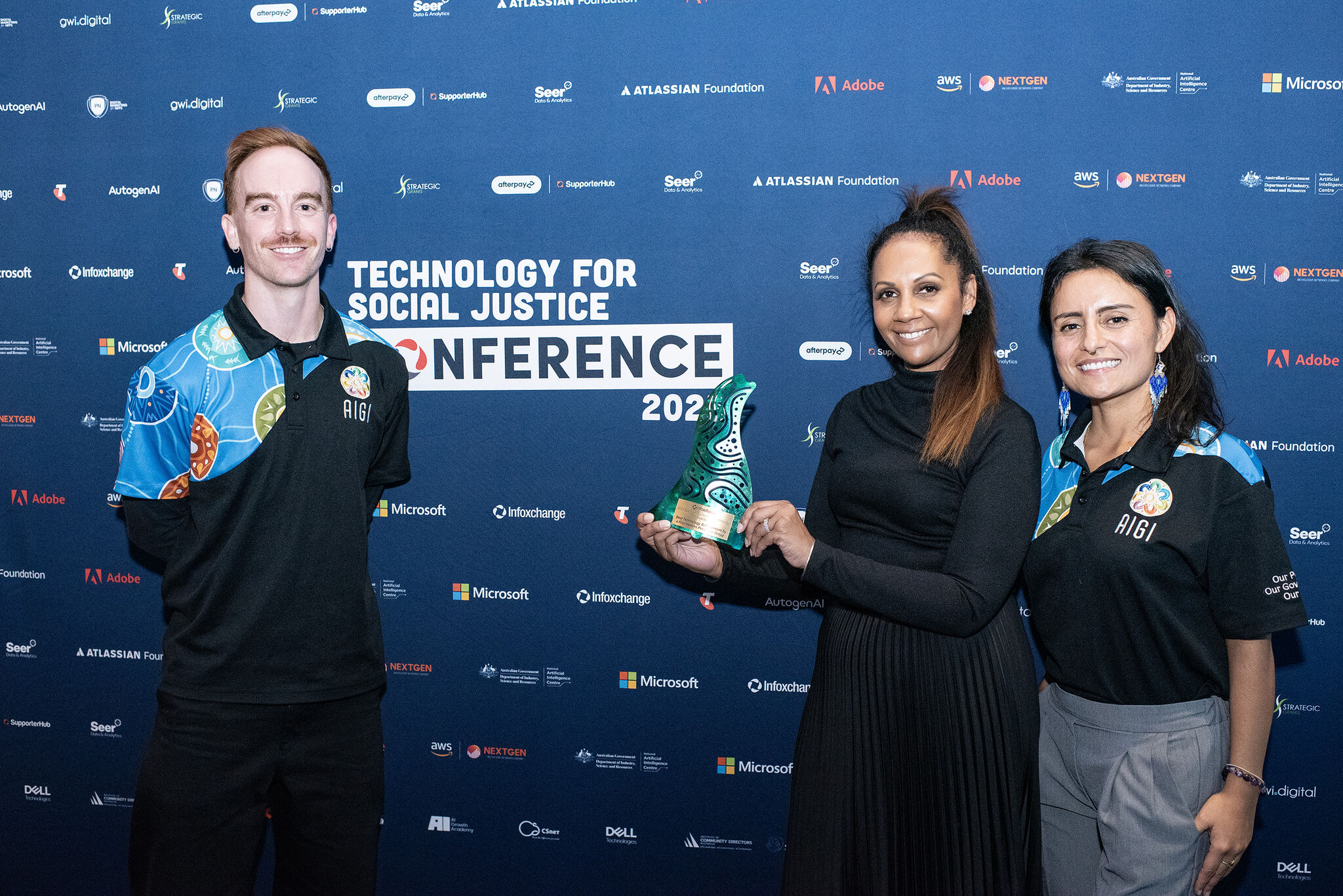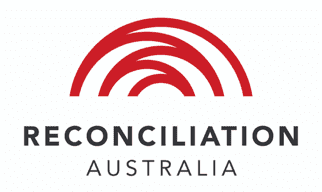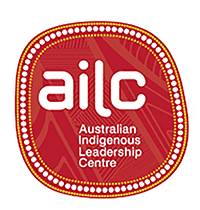See our privacy policy to find out how AIGI handles your personal information.
The Alinytjara Wiluṟara (AW) Landscape Board is the only all-Aboriginal board among the nine boards responsible for the landscape management of South Australia (SA) Unlike the other landscape boards, the AW Land...






.png)







